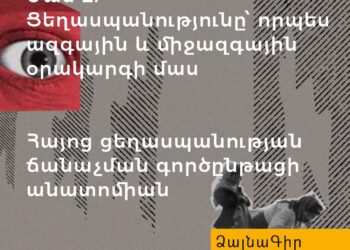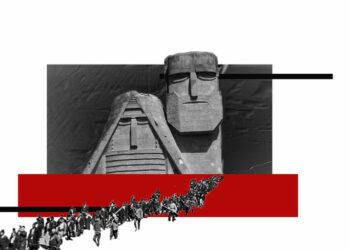Ep. 266: The Year in Review (29.12.23)
In this last podcast for the year, EVN Report’s Maria Titizian and Roubina Margossian speak about the events of 2023: the blockade of Artsakh, followed by Azerbaijan’s attack on September 19, the total ethnic cleansing of the indigenous Armenian population of Artsakh, Armenia’s efforts to diversity its security and foreign policy, Yerevan elections and more.
























